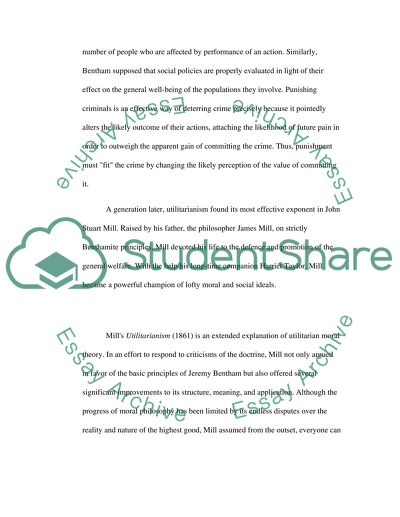Cite this document
(“Morals and Legislation Essay Example | Topics and Well Written Essays - 2250 words”, n.d.)
Morals and Legislation Essay Example | Topics and Well Written Essays - 2250 words. Retrieved from https://studentshare.org/miscellaneous/1505516-morals-and-legislation
Morals and Legislation Essay Example | Topics and Well Written Essays - 2250 words. Retrieved from https://studentshare.org/miscellaneous/1505516-morals-and-legislation
(Morals and Legislation Essay Example | Topics and Well Written Essays - 2250 Words)
Morals and Legislation Essay Example | Topics and Well Written Essays - 2250 Words. https://studentshare.org/miscellaneous/1505516-morals-and-legislation.
Morals and Legislation Essay Example | Topics and Well Written Essays - 2250 Words. https://studentshare.org/miscellaneous/1505516-morals-and-legislation.
“Morals and Legislation Essay Example | Topics and Well Written Essays - 2250 Words”, n.d. https://studentshare.org/miscellaneous/1505516-morals-and-legislation.


